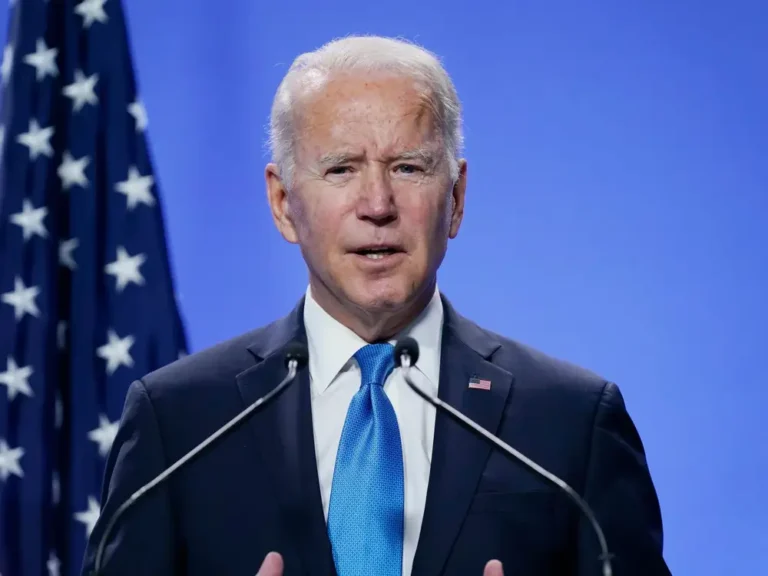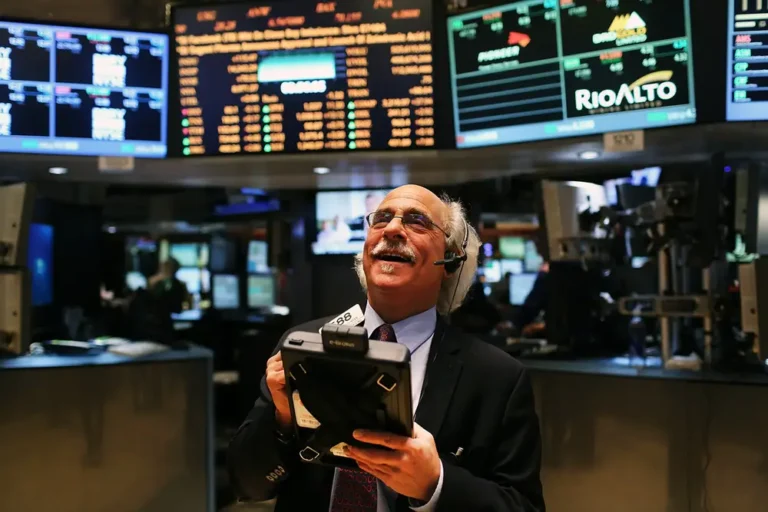How lip fillers and laser hair removal are plumping up private equity

- Private capital investors are pushing into the med spa industry, prompting growth and scrutiny.
- Sixth Street, Blackstone, and Ares have backed providers of treatments like laser hair removal.
- A big med spa trade group is monitoring investments’ impact on the rapidly growing industry.
Laser hair removal, body contouring, filler injections — people aren’t just talking about their latest treatments on TikTok and Instagram. It’s also a topic of discussion in private equity boardrooms.
Blackstone, Sixth Street, Levine Leichtman Capital Partners, Ares Management, and other private equity firms are betting on the vanity economy. This vast ecosystem of medical spas and more specialized aesthetic service providers, such as laser hair removal specialists, has recovered from a dip earlier in the pandemic as people resume in-person treatments.
Private equity investors, flush with cash and looking for consumer-facing deals, are looking for new opportunities as industry analysts predict increased demand for Botox, hair removal, and skin tightening from women and, increasingly, men. With social media users and celebrities publicizing their treatments, all of these have become more common. The industry is “growing like a weed,” according to one investor.
“People are generally trying to look younger for longer, look better, and there’s innovation in the category through services that are allowing people to do that,” said Kayvan Heravi, a managing director at Sixth Street whose team led an investment in Milan Laser Hair Removal earlier this year, in an interview. Milan, one of the largest players in the space, has rapidly expanded since selling a majority stake to private equity firm Leonard Green & Partners in 2019, when it had 70 clinics at the end of the year. It now operates 300 clinics across 31 states.
This year, a major med spa industry group identified private equity investment in the aesthetics sector as a significant theme to watch. According to a report released this spring by Boston Consulting Group, US-based revenue and consumer spending in the industry are expected to rise from $9 billion and $27 billion this year to $14 billion and $40 billion in 2027.
Heavyweights from the industry have moved in. This month, Blackstone announced an investment in large French med spa Lazeo; last fall, KKR made a minority investment in injectables provider SkinSpirit; Ares Management’s private equity business invested in LaserAway in 2021; and this year, Levine Leichtman made a majority investment in California-based med spa SEV.
The space is another consumer-focused vertical that private equity firms, large and small, are aggressively pushing into, similar to dentistry and dermatology. They are capitalizing on mass market appeal, consistent revenue streams from customers who return for treatments on a regular basis, opportunities to consolidate businesses and increase profits, and the growing appeal of “wellness” as a selling point. This has created a tug of war in which some are skeptical of a rapidly growing industry.
Christian Karavolas, owner of New York City’s laser hair removal specialist Romeo & Juliette, said he has turned down private equity investor offers. Karavolas and others in his position are concerned that if replicated on a large scale and without proper safeguards, the level of service, safety, and handling of sensitive bodily treatments will suffer.
“This is not like opening a Starbucks or a Walmart,” he explained to Insider. “This is highly personal.”
‘We are treating individuals, not a herd’
The interest of large investors in the space is not new. H.I.G. Capital and ORIX Venture Finance invested in Ideal Image in 2006, which is now majority owned by private equity firm L Catterton and will receive a significant minority stake from TPG in 2021. The European Wax Center, which is backed by General Atlantic, went public two years ago.
However, private investors’ interest in the pandemic has grown significantly.
Alex Thiersch, an attorney and the CEO of the American Med Spa Association trade group, has received a flood of calls from dealmakers seeking industry advice — on safety, brands, training, and everything in between. “It’s been a crazy time,” he said, according to Insider.
Nonetheless, the industry is primarily a mom-and-pop operation, with the vast majority of businesses employing one or a few med spas. Many people have expressed their delight at the increased interest in purchasing or investing in the industry. According to Thiersch, private equity dollars have had a positive impact thus far; most firms take safety seriously and increase efforts to stay compliant and train employees.
At the same time, wealthy investors are being called into question.
Karavolas established Romeo & Juliette Laser Hair Removal on Manhattan’s 57th Street, which is home to Chanel, Dior, David Yurman, and Louis Vuitton. “We’re treating people as individuals, not as a herd,” explained Karavolas.
“There is a concern that bringing in profit-driven investors will make it more difficult to ensure that people follow the rules and do not prioritize profit over patient safety.” Thiersch elaborated.
A maze of regulations
Investors are aware of these concerns as they navigate a maze of state-by-state regulations. State medical boards advise med spas on the standards that practitioners performing laser hair removal, injectables, and other treatments must meet and who is qualified to provide them, but there is no uniform federal oversight. Laser hair removal, for example, is not a medical procedure in every state.
In June, Levine Leichtman acquired a majority stake in SEV, a 13-year-old Burbank, California-based med spa led by founder and CEO Sevana Petrosian and known to treat celebrities such as the Kardashians and actress Eva Longoria Bastón. According to Andrew Schwartz, a partner at Levine Leichtman, SEV plans to open more locations and expand its injectable services.
“It’s making sure that even if you’re operating in a state that doesn’t have the highest level of regulation, you are really buttoned up in how you train people and how people deliver services,” Schwartz explained in an interview. “No one wants to see anyone get hurt. But, as with any brand, you could seriously harm it.”
Investors are now betting that the med spa industry will remain resilient and continue to attract customers even as the economy deteriorates and people cut back on their spending.
Sixth Street investors are interested in Milan because they believe laser hair removal has proven its value as a service over time, according to Heravi. Customers have calculated that the cost of permanently removing unwanted hair — in your armpits, on your neck, and along your bikini line — can be less expensive than shaving or using temporary creams.
The industry will be watching to see how the infusion of capital affects overall med spa treatments.
“One of the stumbling blocks for some of the private equity groups is finding that these state regulations are an impediment to growing as quickly as they thought they could,” said Thiersch of the American Med Spa Association. “It might be more difficult than they imagined.”






